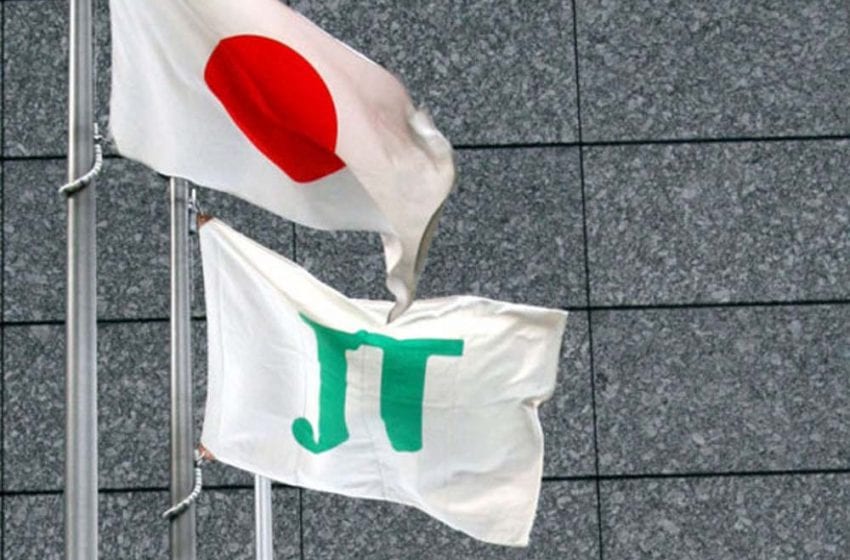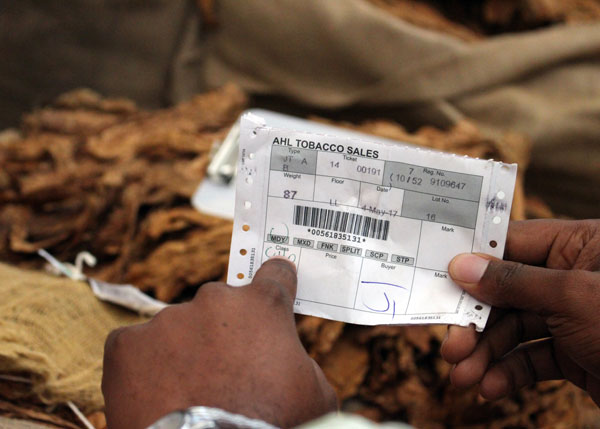The National Association of Attorneys General (NAAG) has sent letters to leading U.S. video streaming services, such as Amazon, Apple, AT&T, CBS and Walt Disney, urging them to limit tobacco use in their content.
“My colleagues and I joined forces on this because we see the benefit in taking a proactive approach to protecting our young people from tobacco imagery,” said Michigan Attorney General Dana Nessel. “We have seen a significant rise in the use of e-cigarettes among middle and high schoolers since 2017, and given my position as Attorney General, I have a duty to protect Michigan’s children from the influences of tobacco use.”
“Tobacco is still the United States’ and our world’s greatest preventable killer,” Nessel continued. “It is incumbent upon us to initiate this dialogue with the streaming services in an effort to protect our youth.”










